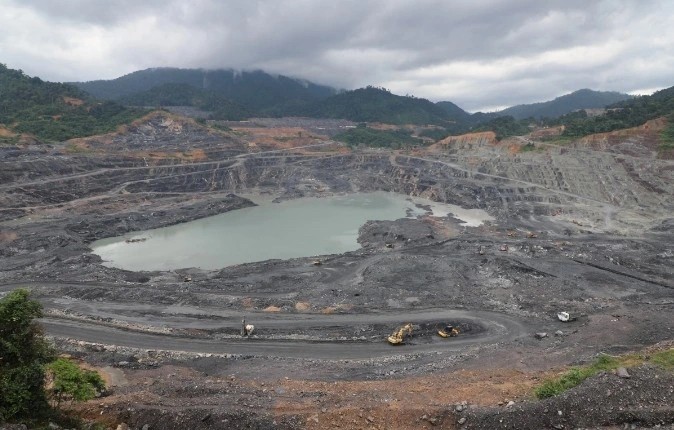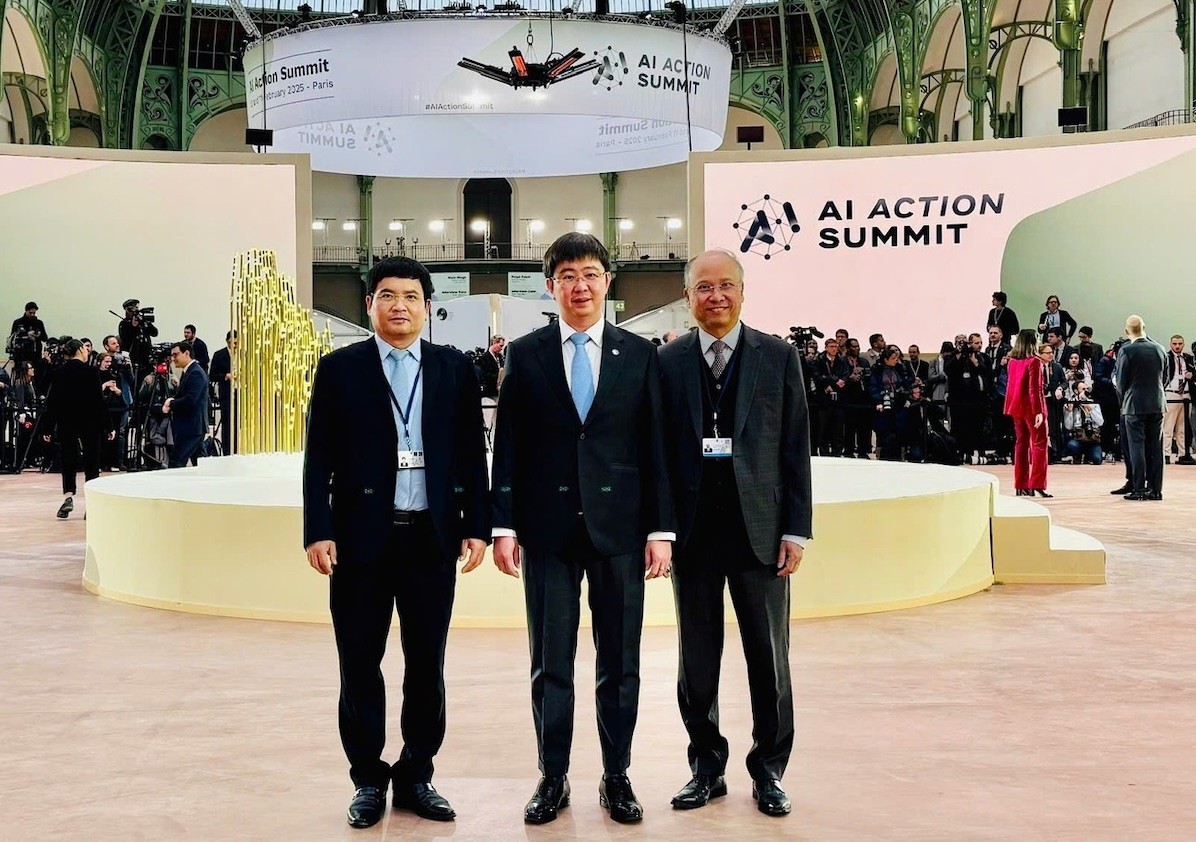IMF: AI Will Transform The Global Economy
Reshaping the nature of work
In a new analysis, IMF staff examine the potential impact of AI on the global labor market. The analysis predicted the likelihood that jobs will be replaced by AI and what kind of fields that AI is likely to complement human work.
IMF head Kristalina Georgieva shared that almost 40% of global employment is exposed to AI. In particular, AI can impact high-skilled jobs. Advanced economies, therefore, are facing greater risks from AI. But there are also more opportunities for them to leverage its benefits, in comparison with emerging markets and developing economies.
In advanced economies, about 60% of jobs may be impacted by AI. Roughly half the exposed jobs may benefit from AI integration, enhancing productivity. For the other half, AI applications may execute key tasks currently performed by humans, which could lower labor demand, leading to lower wages and reduced hiring. In the most extreme cases, some of these jobs may disappear.
Meanwhile, with emerging markets and low-income countries, AI exposure is expected to be 40% and 26%, respectively.
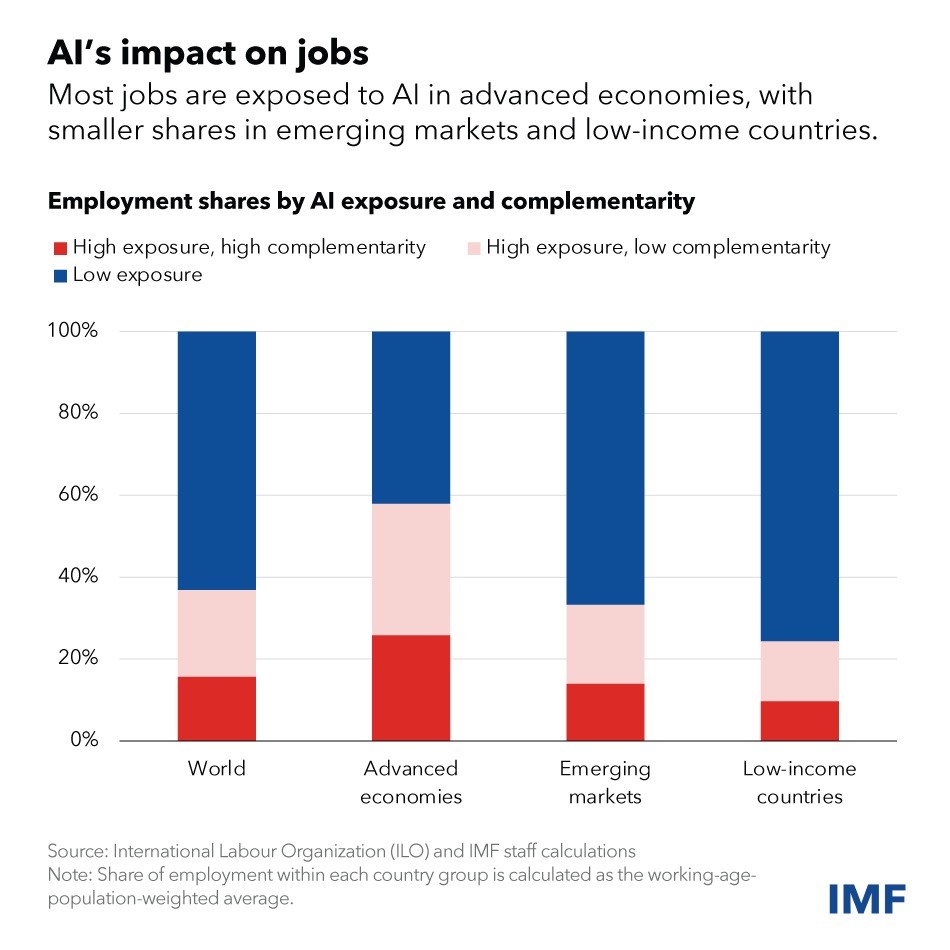 |
| (Photo: IMF). |
These findings suggest emerging markets and developing economies face fewer immediate disruptions from AI. At the same time, many of these countries don’t have the infrastructure or skilled workforces to harness the benefits of AI, raising the risk that over time the technology could worsen inequality among nations.
AI could also affect income and wealth inequality within countries. Within income brackets, workers who can harness AI can expect an increase in their productivity and wages while those who cannot fall behind. With work experience, research shows that AI can help less experienced workers enhance their productivity more quickly. Older workers could struggle to adapt to AI.
AI will probably worsen inequality. If significantly complementing higher-income workers, AI may lead to a disproportionate increase in their labor income. Firms that gain productivity by adopting AI will likely boost capital returns, which may also favor high earners.
This troubling trend must be addressed by policymakers across the globe, according to the IMF. Countries must establish comprehensive social safety nets and offer retraining programs for vulnerable workers.
Establishing an inclusive AI-driven world
To help countries craft the right policies, the AI Preparedness Index by the IMF measures readiness in areas such as digital infrastructure, human capital and labor-market policies, innovation and economic integration, and regulation and ethics.
Using the index, IMF staff assessed the readiness of 125 countries. The findings reveal that wealthier economies, including advanced and some emerging market economies, tend to be better equipped for AI adoption than low-income countries, with considerable variation across countries.
In particular, Singapore, the United States, and Denmark posted the highest scores on the index, based on their strong results in all four categories tracked. These advanced economies should prioritize AI innovation and integration while developing robust regulatory frameworks. This approach will cultivate a safe and responsible AI environment, helping maintain public trust.
For emerging markets and developing economies, the priority should be laying a strong foundation through investments in digital infrastructure and a digitally competent workforce.
 | Surfshark: Vietnam Ranks 56th for Digital Quality of Life Surfshark’s Digital Quality of Life Index ranks Vietnam’s internet quality is 18% higher than the global average and ranks 30th in the world. |
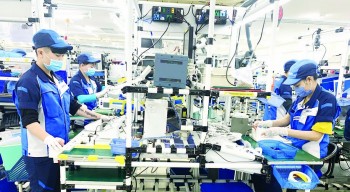 | Vietnam Among 15 Most Advanced Countries in Asia: Insider Monkey Vietnam has been named among the 15 most advanced countries and territories in Asia by Insider Monkey, a finance website that focuses on financial markets, ... |
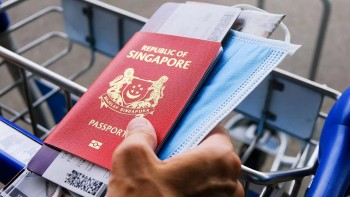 | Henley Passport Index Ranks The World’s Most Powerful Passports The Henley Passport Index ranks the world’s most powerful passports, which is based on the number of destinations passport holders can access without a visa. |
Recommended
 Handbook
Handbook
Vietnam Moves Up 8 Places In World Happiness Index
 Handbook
Handbook
Travelling Vietnam Through French Artist's Children Book
 Multimedia
Multimedia
Vietnamese Turmeric Fish among Best Asian Dishes: TasteAtlas
 Handbook
Handbook
From Lost to Found: German Tourist Thanks Vietnamese Police for Returning His Bag
 Handbook
Handbook
Prediction and Resolution for the Disasters of Humanity
 Handbook
Handbook
16 French Films To Be Shown For Free During Tet Holiday In Vietnam
 Handbook
Handbook
Unique Cultural and Religious Activities to Welcome Year of the Snake
 Handbook
Handbook

